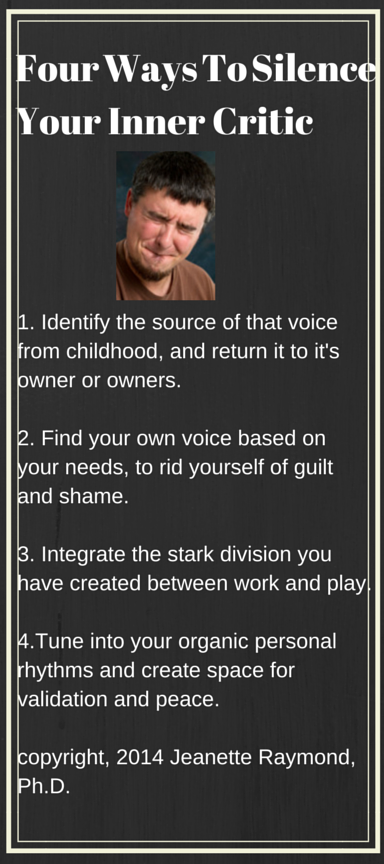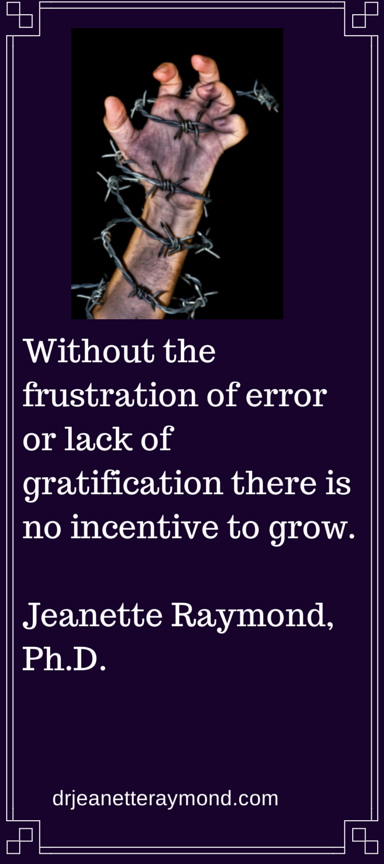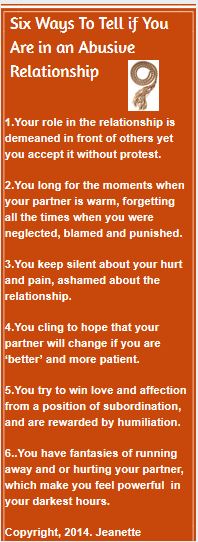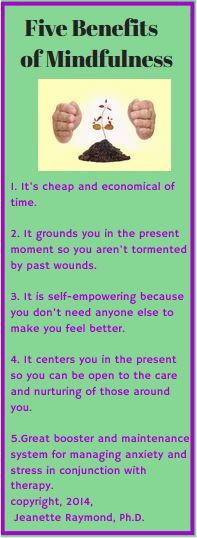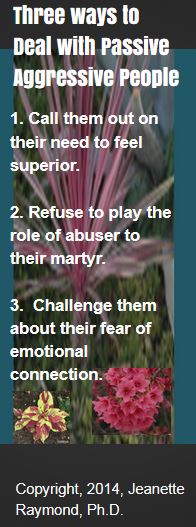How Therapy Can Prevent Premature Aging By Tackling Stress and Depression
Anger and Stress Management Tips for Satisfying Relationships
At the age of 37 Brittany, a quality control manager, woke up each day wishing the night had lasted a little longer. That awful feeling of dread permeated her body with sweat. She had been slipping at work and the factory owners had noticed that she wasn’t her usual sharp self. It didn’t seem like she was trying any less hard or with less interest in her job. But the jeans coming off the production line and shipped to stores were being sent back with broken zippers and fabric tears.
Even though she was still relatively young, she felt as if she were 20 years older, and her recent annual physical showed that her heart, blood pressure and skin were all showing signs of deterioration usually seen in older people. Her 50 year old husband Derek looked more like her son and with commensurate energy!
Too tired to cook in the evenings, Brittany’s kids ate fast food. The guilt stressed her out some more. Brittany’s husband tried to understand his wife’s reduced interest and ability to concentrate on family life. She seemed to forget even the most routine of things, like the meds their son needed for his asthma.
Stress and Depression Alter Your View of Reality
Trying to Manage Stress and Depression on Your Own Makes Matters Worse
Withdrawing into her shell to hide from this awful experience, Brittany became depressed. It was a low grade depression that lasted for years. She was too ashamed to seek help and didn’t want to take pills. Her doctor had previously noticed how anxious and stressed she was, and offered anxiety medication. But she declined, thinking she could beat it on her own.
Not able to connect with her family because of her depression, she became a stranger to her family. There was little conversation other than routine matters, because Brittany slept most of the time she was home. It was as if she was an elderly frail person who appeared to be in early dementia due to the effects of stress on her memory. Derek and their two young teenage boys felt helpless. They had lost their upbeat, energetic, sharp and funny family member who was always there to rely on. Nothing they said or did cheered her up. She complained of pain which turned out to be arthritis following early menopause.
The depression led to Brittany having to take more and more time off work. She was relieved when she couldn’t go in, but later felt self-loathing and critical of herself. Depression feeds on those two factors, making her more stressed and less able to function normally. She was often unaware of the time, and as days rolled into one another, her personal hygiene suffered. Friends stopped dropping in and calling, and her sons barely poked their heads into her bedroom door. Derek tried several times to take her to the doctor but she was too scared to face her condition, and was terrified of being told that she needed to see a psychiatrist.
Stress and Depression Accelerates the Aging Process
Brittany’s problems stemmed from having reduced levels of the hormone klotho that regulates the aging process. When women are stressed and depressed, they have lower levels of klotho, making them less cognitively proficient, adding to the risk for Alzheimer’s disease, as reported in an article in Translational Psychiatry, 2015. This hormone appears to be the link between chronic stress and premature aging diseases and death. It has a protective function in maintaining mental acuity and physical health.
What if Brittany had addressed her stress in therapy at its earliest stage?
She might have felt safe enough to talk to her family about her fear of letting them down, and being less than perfect. They probably would have reassured her, and as a family may have distributed the stress more equitably. The likelihood of depression would have been minimal. Brittany would have developed emotional intelligence skills that would have kept her stress under control.
What if Brittany had taken preventive action by attending therapy and learning the source of her stress before it led to depression?
She would have stopped the stress from becoming chronic and harmful to her memory and physical health.
In therapy she would have learned how to understand and accept that she couldn’t control everything and everyone.
She would have learned to express her feelings in the moments of uncertainty and unpredictability, freeing up space to think and use reasonable logic to manage here anxiety.
Most of all Brittany would have made the connection between her childhood relationship stress and her current relationship stress, so that she could separate them out, and use her adult intelligent mind to cope differently.
What if Brittany had gone to therapy when she became anxious about losing her job?
She would have learned that it was normal but coming from a place inside her that lacked confidence and always wanted to prove herself. Treating herself as human rather than superwoman might have been a goal, together with being comfortable talking openly about her shame about not being good enough – thereby removing the harmful effect of stress on her hormonal system.
Practicing a non-judgmental and more self-compassionate stance towards herself would have kept those klotho hormones at their optimal levels, so that she looked young and kept her faculties razor sharp. That would have meant quality experiences with her family and colleagues.
Copyright, Jeanette Raymond, Ph.D.
AUTHOR OF:' Now You Want Me, Now You Don't! Fear of Intimacy: Ten ways to recognize it and ten ways to manage it in your relationship.
You might also like:
Unresolved Anger and Stress Keeps You Depressed Longer
Pull Out the Roots of Your Anger and Stress By Exercising Amid Nature
Disclaimer: this article is for educational and informational purposes only. There is no liability on the part of Dr. Raymond for any reactions you may have when reading the material or following the suggestions therein. Interacting with this material does not constitute a therapeutic relationship with Dr. Raymond.




